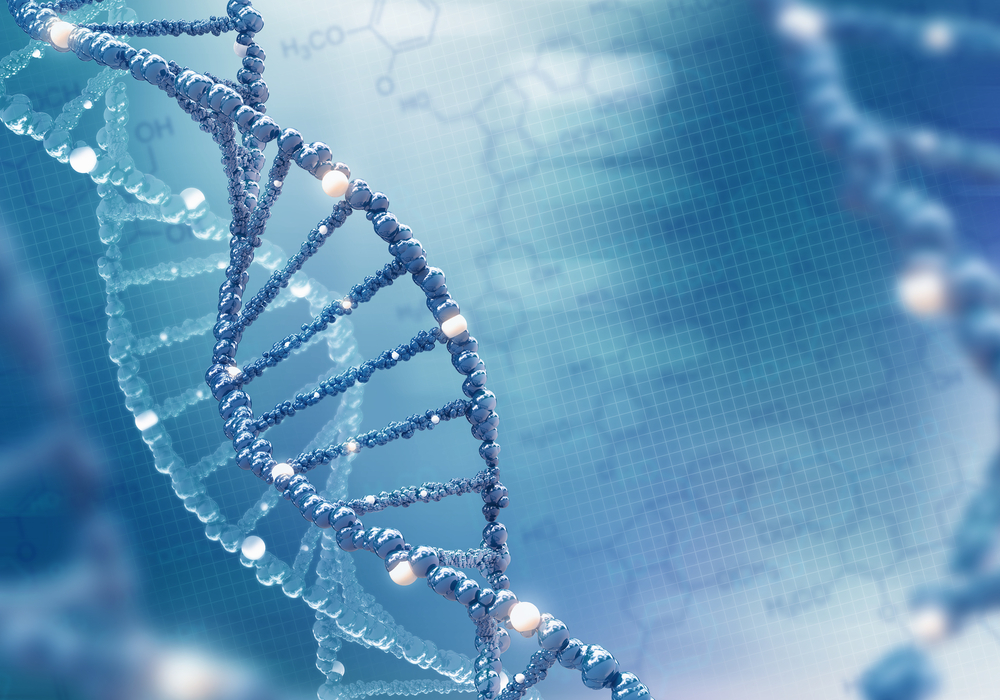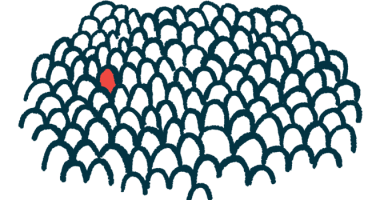Is aHUS Genetic?

Atypical hemolytic uremic syndrome (aHUS) is a rare disease characterized by the formation of blood clots in the small blood vessels in the kidneys.
What causes aHUS?
Genetic mutations plus a trigger such as pregnancy, infections, cancer, or certain medications need to come together for a patient to develop aHUS. A genetic mutation alone, or a triggering event alone, is usually not sufficient for the disease to develop.
Which genes make patients more susceptible?
Mutations in at least seven genes predispose patients to aHUS.
These genes are regulators of the complement system. An important part of the innate immune system, the complement system normally amplifies the effects of the immune system, such as boosting a signal.
In aHUS, the complement system is without its normal regulators, so the system is over-activate. This leads to inflammation and damage to small blood vessels, which, in turn, leads to blood clot formation and further damage.
Can I pass aHUS onto my children?
Most cases of aHUS are sporadic, meaning that children don’t inherit the disease from their parents. Less than 20% of cases are familial. In these cases, parents can pass the disease onto their children in either a dominant or recessive pattern.
A dominant inheritance pattern means that inheriting a single copy of a disease-causing mutation is enough to develop the disease. If a parent has a single copy of the disease-causing gene, their children will have a 50% chance of inheriting that mutation and also developing the disease.
In a recessive inheritance pattern, two copies of a disease-causing mutation are necessary for the disease to develop. In these cases, children would have to inherit a copy of a disease-causing mutation from both parents in order to develop the disease. This means both parents must be carriers of the disease.
Last updated: April 6, 2020
***
aHUS News is strictly a news and information website about the disease. It does not provide medical advice, diagnosis, or treatment. This content is not intended to be a substitute for professional medical advice, diagnosis, or treatment. Always seek the advice of your physician or other qualified health provider with any questions you may have regarding a medical condition. Never disregard professional medical advice or delay in seeking it because of something you have read on this website.






